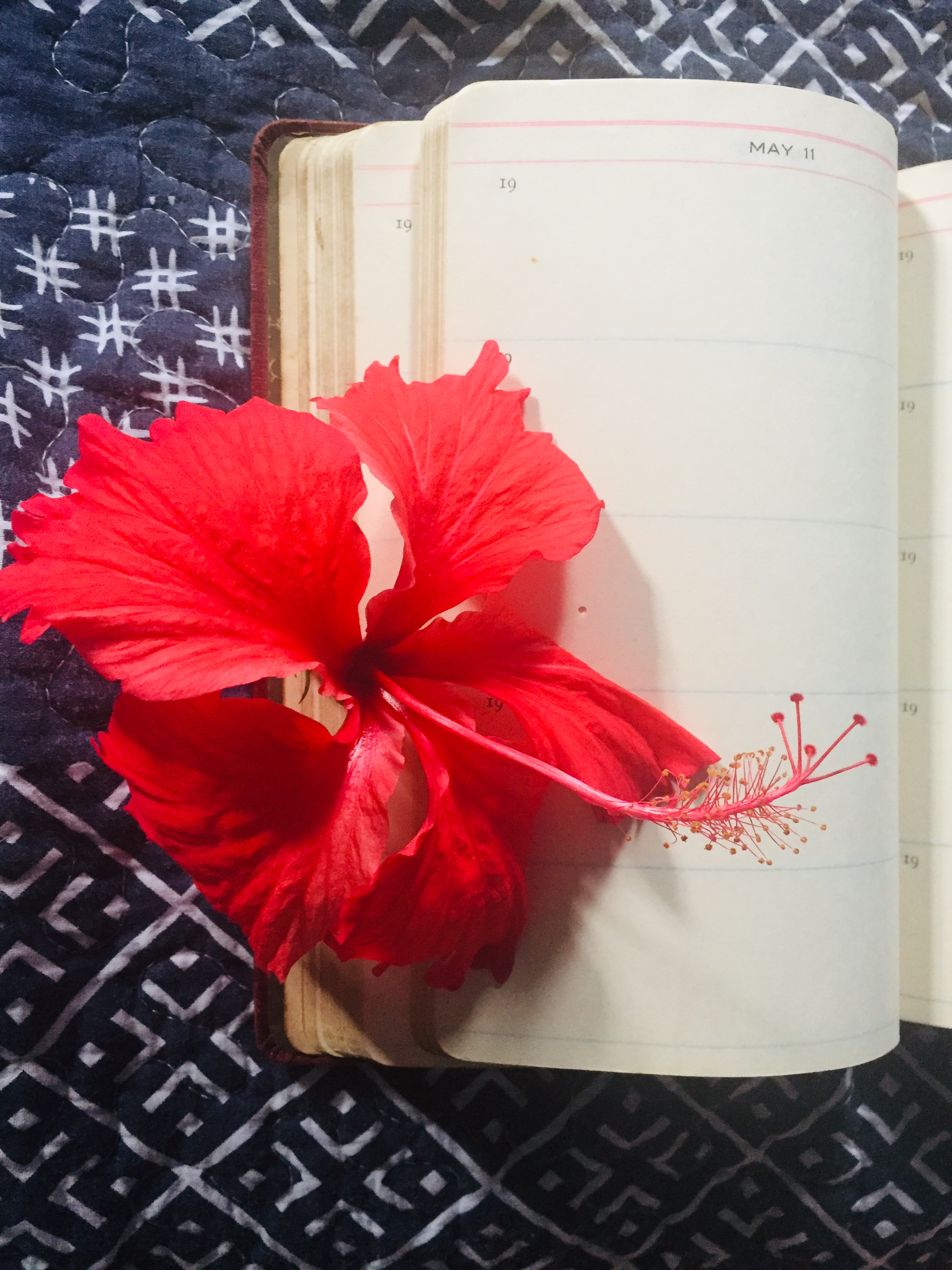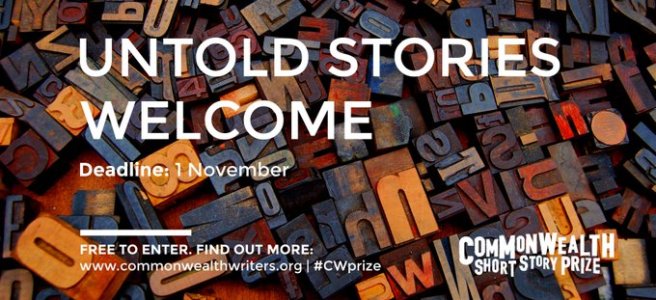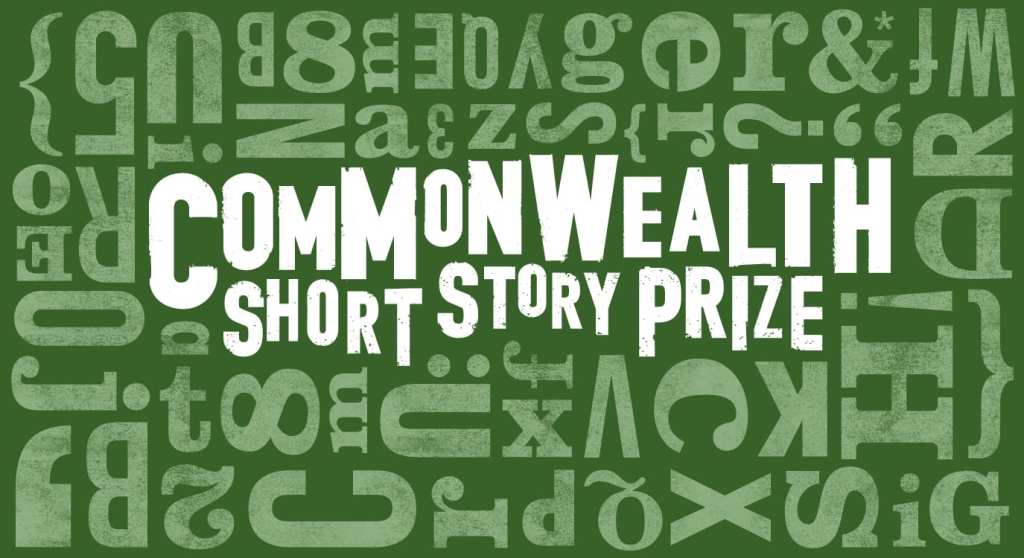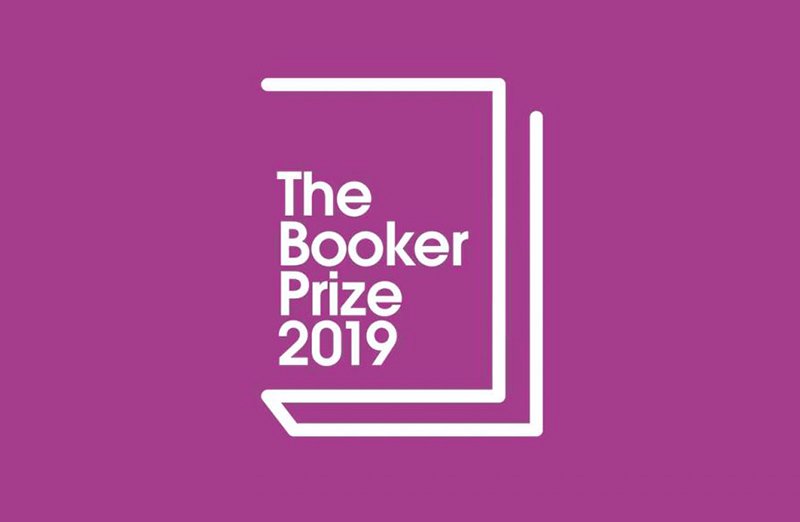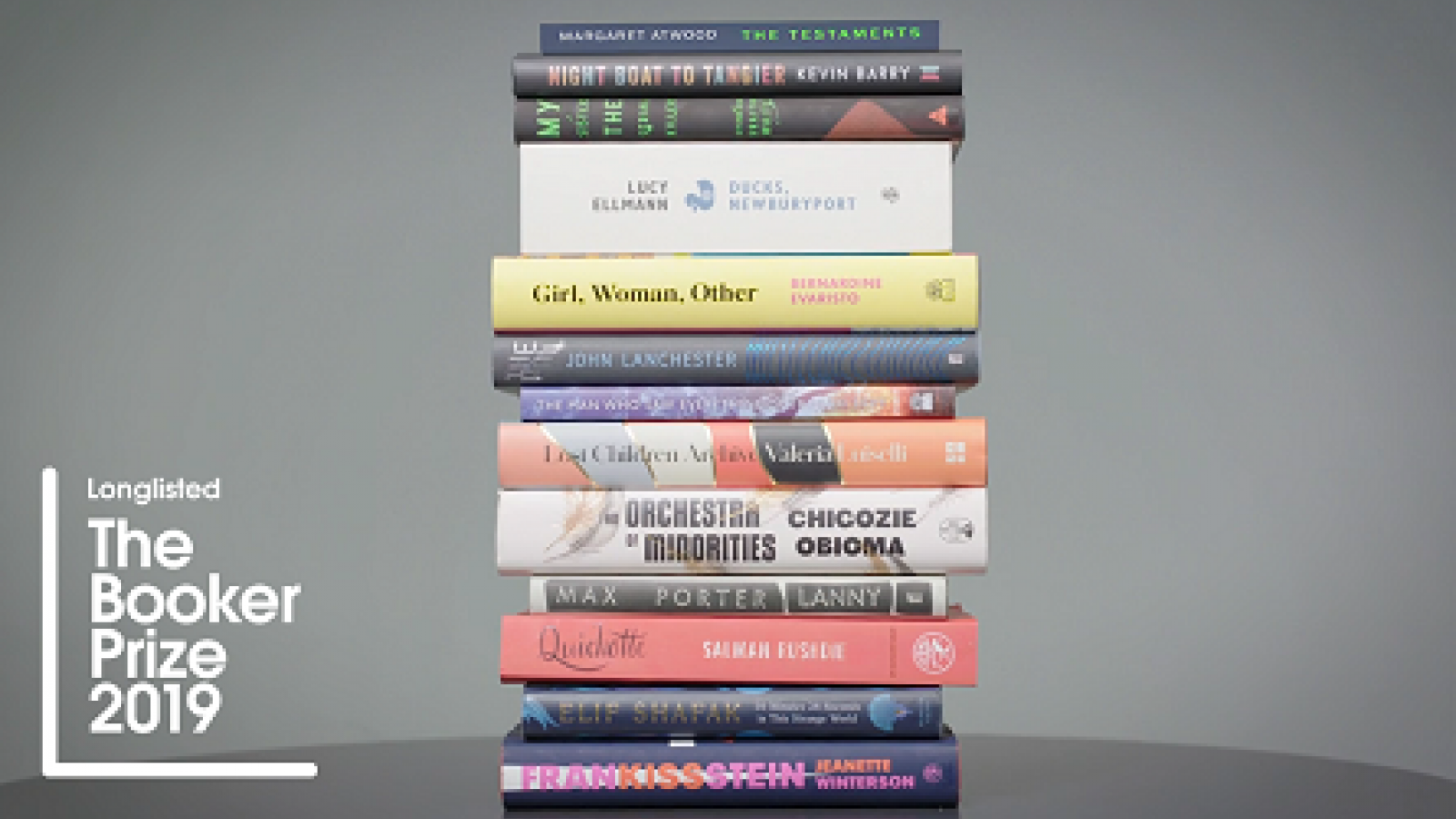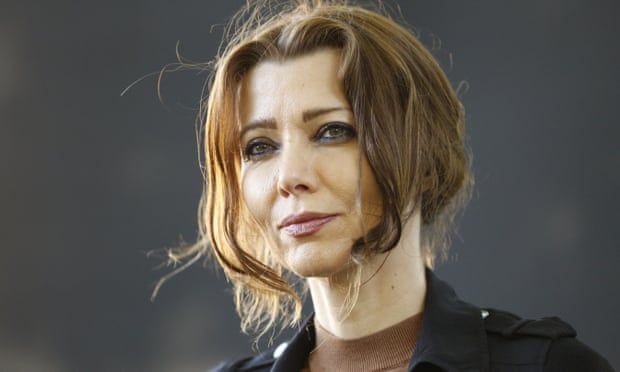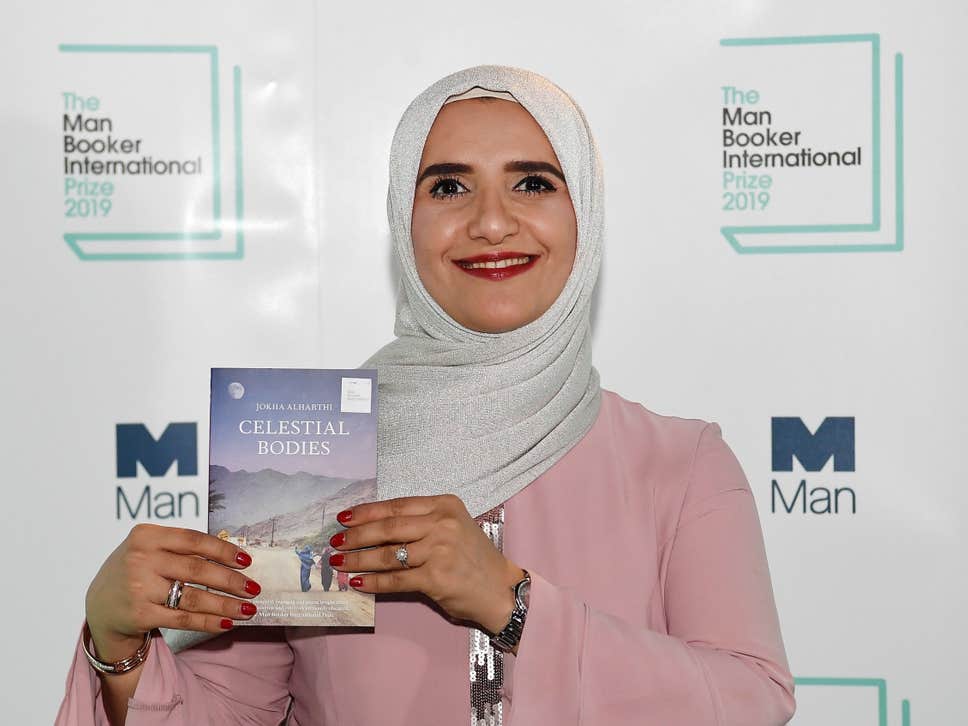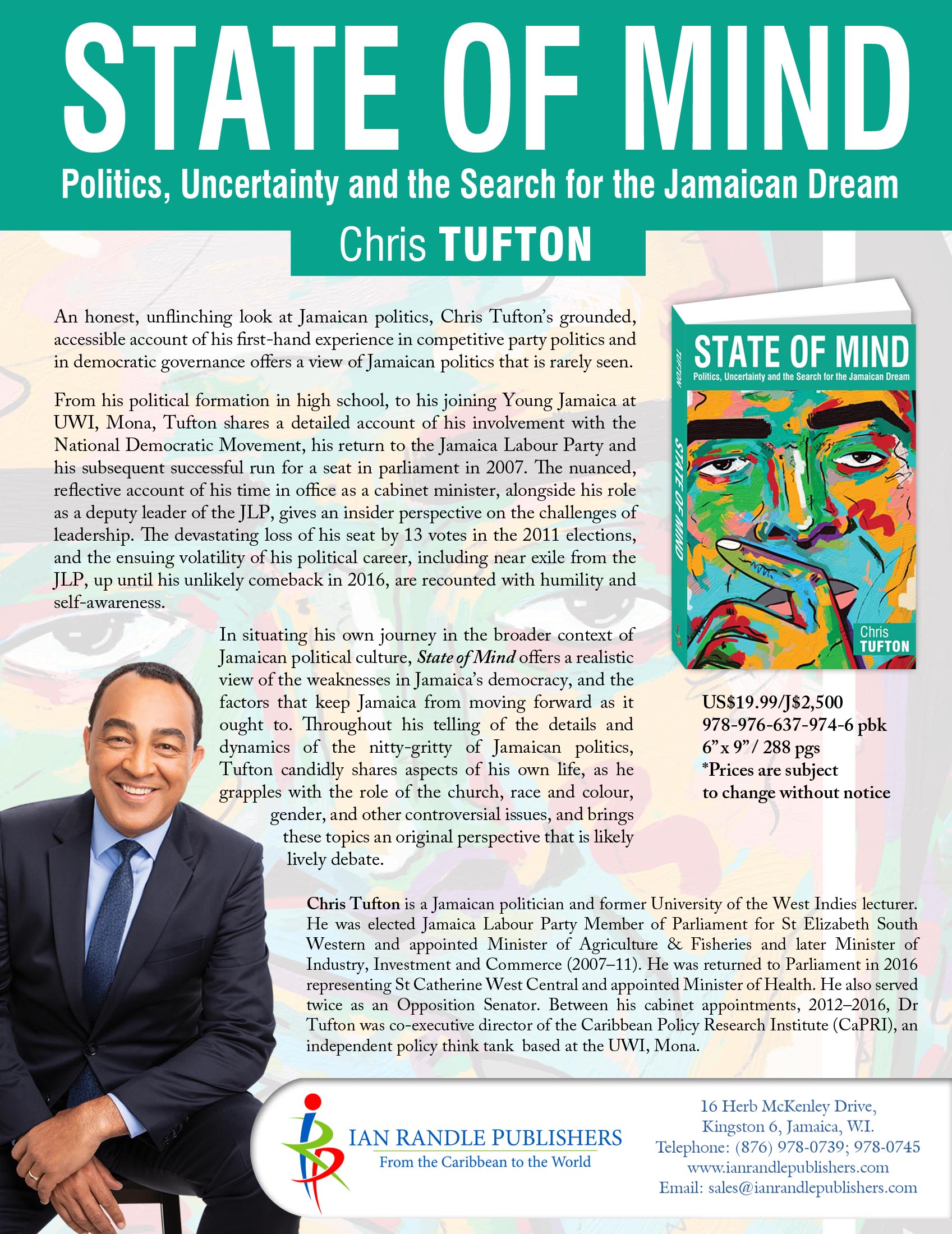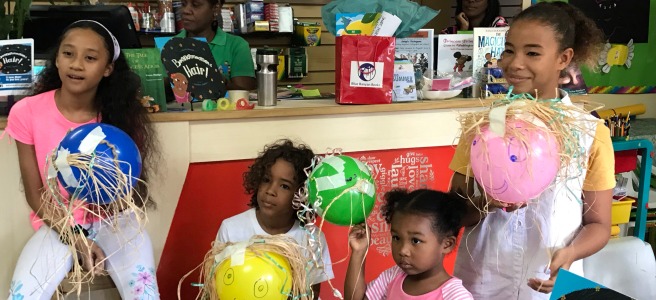So! What better way to start a book blog than with a post headlined thus! Albeit not my original article, but one shared recently on the website of the Trinidad NewsDay. The topic is of particular interest to me personally, however, since Ian Randle was my first employer in Jamaica some thirty years ago, in the days of the publisher Heinemann Caribbean (I often say he was “my boss” but that always annoys him. OK, then, “Colleague”!) I was excited to be in the book business in Jamaica, and for eight years thereafter I worked at Heinemann and then with the now-defunct West Indies Publishers as a buyer for their chain of bookstores, The Bookshop Limited.
A few years later, Ian went on to found Ian Randle Publishers in 1991. This truly Caribbean publishing house has built a substantial catalogue of books – academic and scholarly texts (history, sociology and more) as well as more general interest publications. Now here is a nice tribute to Ian and his unstinting (even heroic!) work in the field, and a well-deserved award he received recently at the Bocas Lit Fest in Trinidad. A link to the article is embedded above.
By the way, IRP is launching a new book in three days’ time (Wednesday, July 3): Truth Be Told: Michael Manley in Conversation – three years of candid “nothing but the truth” interviews recorded by his wife Glynne Manley from 1993 to 1996. Manley passed away in 1997. Look out for a review from me on this blog.
I feel compelled to extend my personal, heartfelt appreciation to Ian for his inspiration over the years. He helped to confirm and restrengthen my lifelong passion for books, reading, writing – and now, a “book blog”! Thank you, Ian.
Here is the Trinidad NewsDay article:
IN the world of Caribbean publishing, Ian Randle commands respect. For nearly 30 years, he has provided a voice for the Caribbean with his Kingston-based publishing firm Ian Randle Publishers, renowned for its academic and non-fiction publishing.
Randle’s journey has been exciting, rewarding and sometimes frustrating. Now, at nearly 70, he reflects on that rollercoaster ride. “The message is, you don’t have to be certain about your career early in life, because I never was reconciled to what I was doing until I was past 45,” said Randle. “At that point I figured I had better stick to publishing, so it was a period of reconciliation.”
While in Trinidad for the Bocas Lit Fest, Randle added the 2019 Bocas Henry Swanzy Award for distinguished service to Caribbean letters to his accolades and awards, which also include an honorary PhD from the University of the West Indies.
“There have been so many highlights and scary moments,” he says.
Ironically, a combination of the two came from a 1995 Jamaican cookbook, his all-time bestseller.
“I had originally printed it in China, and I wanted to change printers, but I wasn’t hearing from the printer. I stayed up until 2 am to call him in China, told him I wanted back the book – and he said, ‘I refuse to obey you.’ There was an utter feeling of terror that I had lost my most valuable asset.”
Randle smiles at the “great irony” of his all-time bestseller being a Jamaican cookbook.
“I’m supposed to be a scholarly and academic publisher, but I have learned that you have to be all things to everyone. We have published fiction and poetry. It all depends on what really strikes us as extraordinary.”
Some books combined scholarly thought with entertainment, like Chanting Down Babylon, a collection of academic essays about Rastafarianism, and Pig Tails ‘n’ Breadfruit: A Culinary Memoir, by Barbadian writer Austin Clarke, whom Randle remembers as “…a blessed memory and a real character.”
One of his fondest memories is of being at a book conference in St Kitts. At the end of the day, someone asked Randle to recommend a book and he said Pig Tails ’n Breadfruit.
“The guy made a face. He didn’t think the title sounded appealing. I said, ‘Just take it. If you like it, you can pay me tomorrow; if not, you can return it.’ The next day I was walking down this long corridor. He was walking towards me, and I saw him reach into his pocket to give me the money,” Randle laughs.
But his biggest frustration over the years still persists: “How do I get people to pick up the books I love when I know if they just pick them up, they will love them?” – like Tito, a translation of a Chilean children’s book about a boy obsessed with football. [Here’s my review of this delightful book.]
“It’s still my one regret I can’t get more people to read.” Still, Randle is optimistic.
“I don’t think books will ever die. Everybody’s collection is very personal. No two collections are the same. Human beings are essentially collectors.”
Currently, his most exciting project is a collection of interviews with the late Jamaican prime minister Michael Manley, Truth Be Told: Michael Manley in Conversation.
“The interviews were done by his wife Glynne Manley, when he was aware of his impending mortality.”
The book package will include a redacted version of those interviews as audiotapes (some information is so sensitive, it will be housed in the Jamaican national library under embargo for 25 years).
Randle is also excited about another non-fiction book, Another Mother by Ross Kenneth Urken, the story of a Jewish boy raised by a Jamaican nanny.
After all these years he’s still excited by a new discovery.
“It never gets old,” he says. “I’m still in the phase that if someone offers me a manuscript in an envelope, by the time I get to my car, I’m going to rip open the envelope to see what’s in it.
“I think you get that feeling of excitement often in fiction, but it’s harder to come by in non-fiction.”
His number one wish is still to do a book on masman Peter Minshall, and he dreams of other important projects. When he asked readers what three books everyone in the Caribbean should read, the top ones were Capitalism and Slavery by Eric Williams, Beyond a Boundary by CLR James and In the Castle of My Skin by George Lamming. So Randle thought he would reproduce a box set and get them into as many households as possible.
“I got permission for the first two books. Lamming agreed to the project, but the publishing house that owns Castle would not permit it,” he says.
It was yet another sobering lesson.
“This symbolises what happens in the Caribbean. Our best stories are told by others. It is important to reclaim our own stories. If not they (the outside world) define us and tell us who we are in their own terms.”
With all his excitement, Randle claims to be “tired and worn out… But we started and can’t stop. We have to start trusting and believing in ourselves and we mustn’t let people define us. “I’ve been fighting for almost 50 years and in many ways, I feel my life work has been done.
“What now drives me is the writing I do on my website. After 40 years of doing other people’s work, I am enjoying myself, which makes me wonder about the other career I never had: journalism.”
But while Randle imagines what might have been, it is impossible to imagine a Caribbean voice without Ian Randle Publishers.

